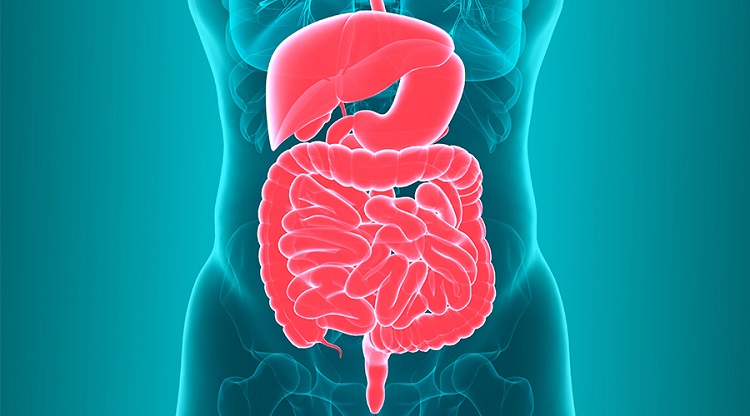The equilibrium of microorganisms in the stomach might be seriously upset after an antibiotic treatment. This change may result in immune system weakness, digestive disorders, and other health difficulties. Numerous medical professionals advise gut microbiota testing to aid in reestablishing the natural equilibrium of the gut. This test helps aid recovery following antibiotic usage by revealing gut microorganisms. Restoring gut health and monitoring the healing process may be accomplished with the help of a gut microbiota testing kit.

Considering How Antibiotics Affect Gut Health
Although antibiotics are effective drugs for treating infections, they may also damage the good bacteria in the stomach. Antibiotics often cause imbalances by upsetting the delicate bacterial ecology when they eradicate dangerous germs. Symptoms including weariness, diarrhea, and bloating may result from this imbalance. In more extreme situations, it may be a contributing factor to chronic health problems. Comprehending this influence is essential for directing recuperation and averting further issues.
How to Find Imbalances with Gut Microbiota Testing
Testing for gut microbiota offers a thorough examination of the kinds and numbers of bacteria that are found in the gut. These tests assist in detecting antibiotic-related imbalances that may not be apparent from symptoms alone. Physicians may suggest focused treatments by knowing which particular bacteria have been impacted. This knowledge enables more individualized treatment regimens, including dietary adjustments or probiotic supplements. Recovery may be more successful and efficient with this understanding.
Restoring Gut Equilibrium via Specific Interventions
It is possible to take action to restore gut health if an imbalance has been identified. Restoring good bacterial populations is often accomplished by dietary changes, probiotics, and prebiotics. More specialized bacterial strains could be needed to correct antibiotic-induced imbalances. A guide for these therapies is provided by the findings of gut microbiota testing. This individualized strategy may hasten healing and enhance general well-being.
Diet’s Impact on Recovery After Antibiotics
The healing of the stomach after antibiotic usage is greatly influenced by diet. A diet high in fruits, vegetables, and fiber may promote the development of good bacteria. Natural probiotics found in certain meals, such fermented foods, may also aid in gut health restoration. Conversely, processed and sugary meals may promote the growth of dangerous germs, which slows the healing process. Gut microbiota testing may uncover abnormalities and advise nutrition.
Long-Term Advantages of Gut Health Monitoring
Testing to monitor intestinal health has long-term advantages. It enables people to monitor the success of their rehabilitation initiatives and make necessary modifications. A healthy gut flora may eventually strengthen immunity, facilitate better digestion, and improve general health. Regular testing detects concerns early, lowering chronic health risks. Long-lasting energy and wellbeing are encouraged by this proactive approach to gut health.
Conclusion
Testing for gut microbiota is essential for healing after antibiotic use. It guarantees a more efficient and successful rehabilitation process by detecting imbalances and directing tailored therapies. Maintaining long-term health requires an understanding of how antibiotics affect gut health and how to restore equilibrium.
Read More Here:
What Makes a Microbiome Test Crucial to Understanding General Health
How Can a Microbiome Test Kit Help Determine Dietary Requirements
What Makes a Customized Microbiome Test Kit Better Than Generic Medical Tests
Why Is Gut Health Important for Preserving Mental Health
What Dietary Adjustments Would a Gut Health Specialist Recommend
What Is Measured in Stool Samples by a Gut Health Test Kit
Why Is Bacterial Diversity the Main Focus of a Gut Microbiome Test
How Do Gut Bacteria Test Kits Evaluate the Function of Your Immune System
Which Microbe Types Are Usually Examined in a Gut Microbiome Test
Which Illnesses May Be Avoided With A Test For Gut Bacteria
Which Lifestyle Choices May Affect A Gut Bacterium Test’s Outcome
Why is Maintaining Healthy Intestinal Flora Vital for Nutrient Absorption
How Can an Intestinal Flora Test Help in Diagnosing Lactose Intolerance
How Can Testing for Gut Microbiota Help Improve Weight Management
